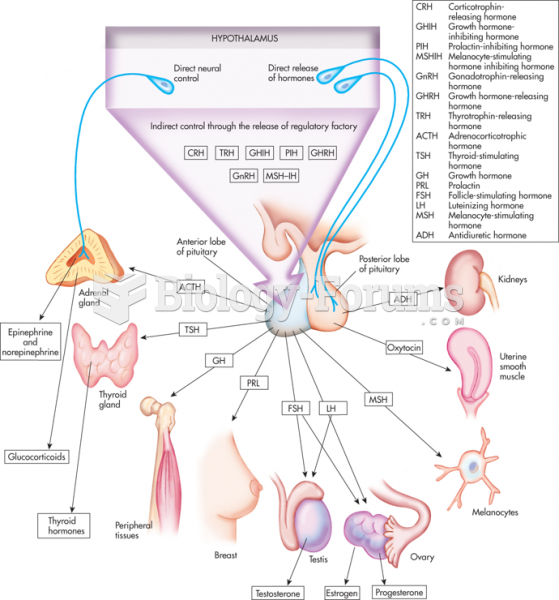Answer to Question 1
Emerging markets have become important target markets for a wide variety of products and services. The largest emerging markets have doubled their share of world imports in the last few years. The growing middle class in emerging markets implies rising demand for various consumer products, such as electronics and automobiles, and services such as health care. Roughly one-quarter of Mexico's 122 million people enjoy affluence equivalent to that of the middle class in the advanced economies. In some product categories, demand is growing fastest in emerging markets. For example, the fastest-growing markets for power tool companies such as Black & Decker and Robert Bosch are in Asia, Latin America, Africa, and the Middle East. Even during the recent global recession, technology firms such as Cisco, Hewlett-Packard, and Intel generated a large and growing proportion of their revenues from sales to such countries.
Answer to Question 2
Governments sometimes seize the assets of companies doing business within their borders. Asset seizures fall into one of three categories: confiscation, expropriation, or nationalization.
The forced transfer of assets from a company to the government without compensation is called confiscation. Usually the former owners have no legal basis for requesting compensation or the return of assets.
The forced transfer of assets from a company to the government with compensation is called expropriation. The expropriating government normally determines the amount of compensation. There is no framework for legal appeal, and compensation is typically far below market value. Today, governments rarely resort to confiscation or expropriation because these acts can force companies to leave the nation and can jeopardize future investment in the country.
Whereas expropriation involves one or several companies in an industry, nationalization means government takeover of an entire industry. Nationalization is more common than confiscation and expropriation. Likely candidates for nationalization include industries important to a nation's security and those that generate large revenues. In recent years, Venezuela's President Hugo Chavez nationalized that country's telephone, electricity, and oil industries and threatened to nationalize many more. Businesses from other countries reacted to these moves by not investing in Venezuela.
In general, a government may nationalize an industry to:
1. Use subsidies to protect an industry for ideological reasons.
2. Save local jobs in an ailing industry to gain political clout.
3. Control industry profits so they cannot be transferred to low-tax-rate countries.
4. Invest in sectors, such as public utilities, that private companies cannot afford.
The extent of nationalization varies widely from country to country. Whereas the governments of Cuba, North Korea, and Vietnam control practically every industry, those of the United States and Canada own very few. Many countries, including France, Mexico, Poland, and India, try to strike a balance between government and private ownershi







